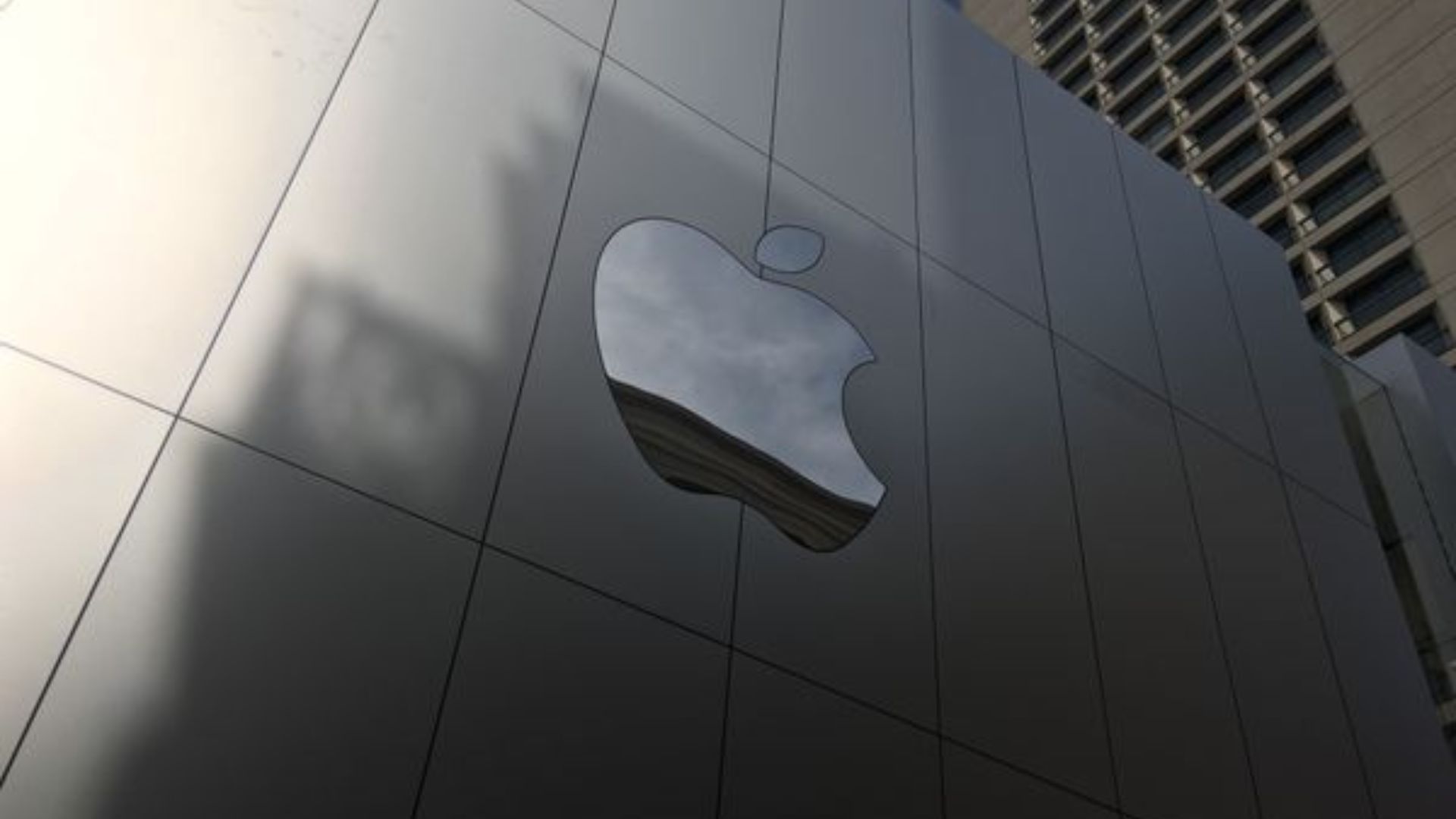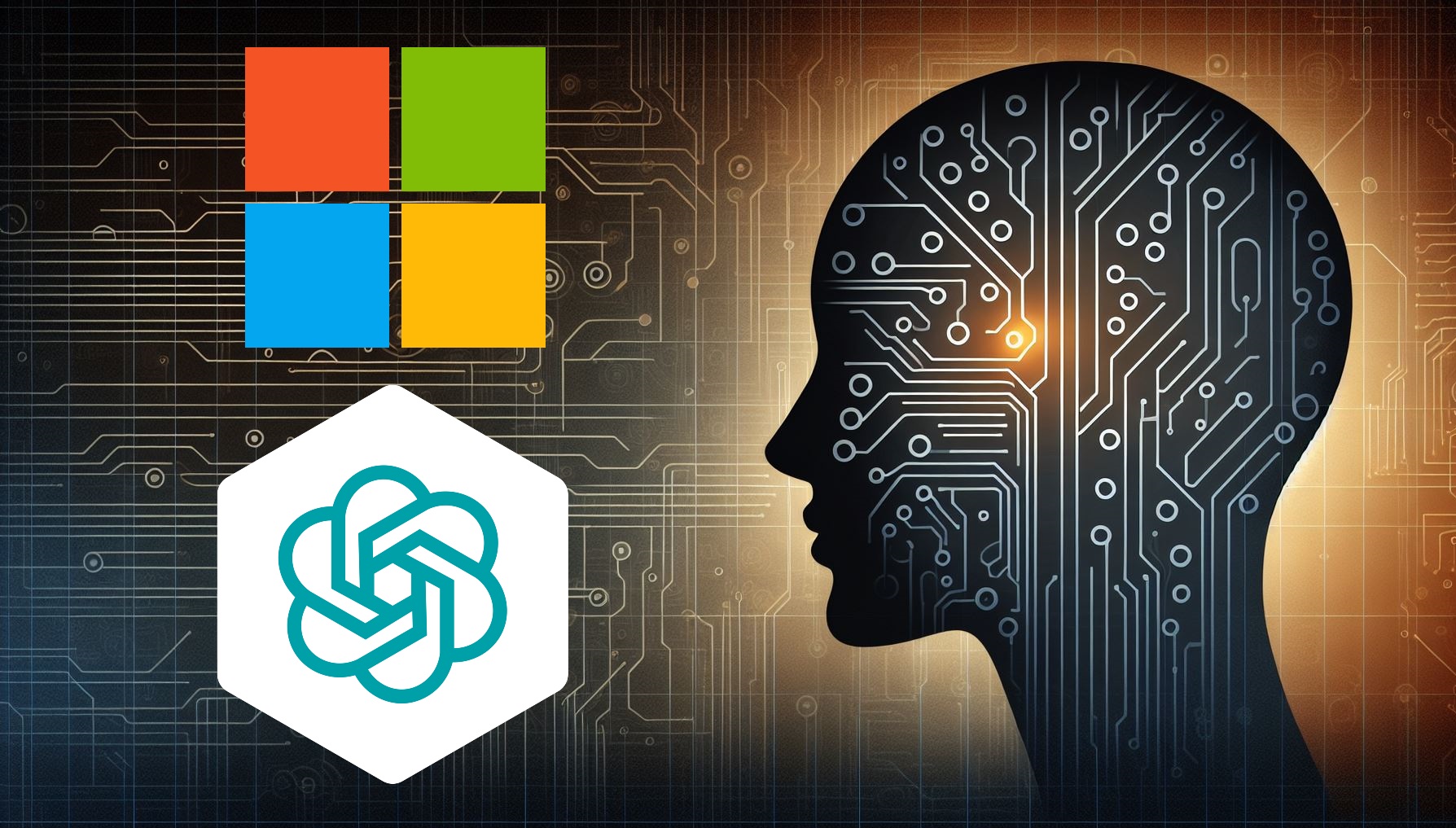
What you need to know
- Apple announced its new partnership with OpenAI to bring ChatGPT to the iPhone and overhaul Siri.
- A new report suggests OpenAI uses Microsoft's Azure cloud to exclusively power the new AI features shipping to Apple devices.
- This raises concerns about the promised security and privacy designed to protect the user's data from unauthorized access.
Apple is knee-deep in AI after deeply integrating technology across its software and hardware at its just-concluded WWDC 2024 event. It's confirmed that Apple is in a partnership with OpenAI and that ChatGPT is on its way to the iPhone to give Siri a much-needed overhaul.
While Apple has already signed a new deal with OpenAI, it's reportedly exploring alternative options with Google and Anthropic (both key players in the AI landscape). If true, this will see Gemini AI and Claude make their way to the iPhone.
On Monday, Apple Software Chief Craig Federighi seemingly highlighted that an agreement with Google might be in the works to bring Gemini to the iPhone. According to The Information, Federighi stated that Apple made its AI debut with OpenAI because its LLM is "the best."
Federighi added:
"We think ultimately people are going to have a preference perhaps for certain models that they want to use, maybe one that's great for creative writing or one that they prefer for coding. And so, we want to enable users ultimately to bring a model of their choice. And so, we may look forward to doing integrations with different models like Google Gemini in the future. I mean, nothing to announce right now, but that's our direction."
Apple Intelligence is Apple's way into the AI fray amid rising security and privacy concerns. However, the iPhone maker touts its Private Cloud Compute system as a new era of AI privacy that addresses these concerns. Apple says it won't store or use the user's data to train its AI models. The model will predominantly run on-device, similar to Microsoft's controversial Windows Recall AI feature, which depends on dedicated on-device NPUs in Copilot+ PCs.
Interestingly, The Information notes that the features OpenAI supports for Apple are exclusively running on Microsoft's Azure cloud. Apple Intelligence relies on its foundational model and private cloud. However, this new revelation makes it impossible to decipher which features will be powered by Apple's private cloud and Microsoft's Azure cloud.
Apple promises a new standard for privacy in AI with its Private Cloud computing system. The company says OpenAI won't access data from Apple users despite powering the AI features. As such, it'll be impossible for OpenAI to train and improve the efficiency of its AI models using the data.
Microsoft's partnership with OpenAI gets complicated by the minute

Microsoft is one of OpenAI's first and largest investors. The Redmond giant has integrated AI across most of its products and services, and there's no sign of it slowing down.
Microsoft insiders indicate the tech giant has turned into "a glorified IT department for the hot startup." Let's not forget the privacy and security concerns prompting vigorous scrutiny by antitrust watchdogs.
Last month, Microsoft CEO Satya Nadella was reportedly worried about OpenAI's new partnership with Apple and how it would impact its AI advances, products, and services, which rely heavily on the ChatGPT maker's technology.
A former OpenAI employee referred to the company CEO Sam Altman as "a genius master-class strategist" a few weeks before Apple announced its partnership with the hot startup. The ex-employee added that OpenAI now has unlimited computing power via Microsoft Azure and potential access to Apple customers.
While the fine print details around Apple's new deal with OpenAI remain slim at best, it will be interesting to see how things pan out and whether Apple will retain privacy and security across its tech stack.







